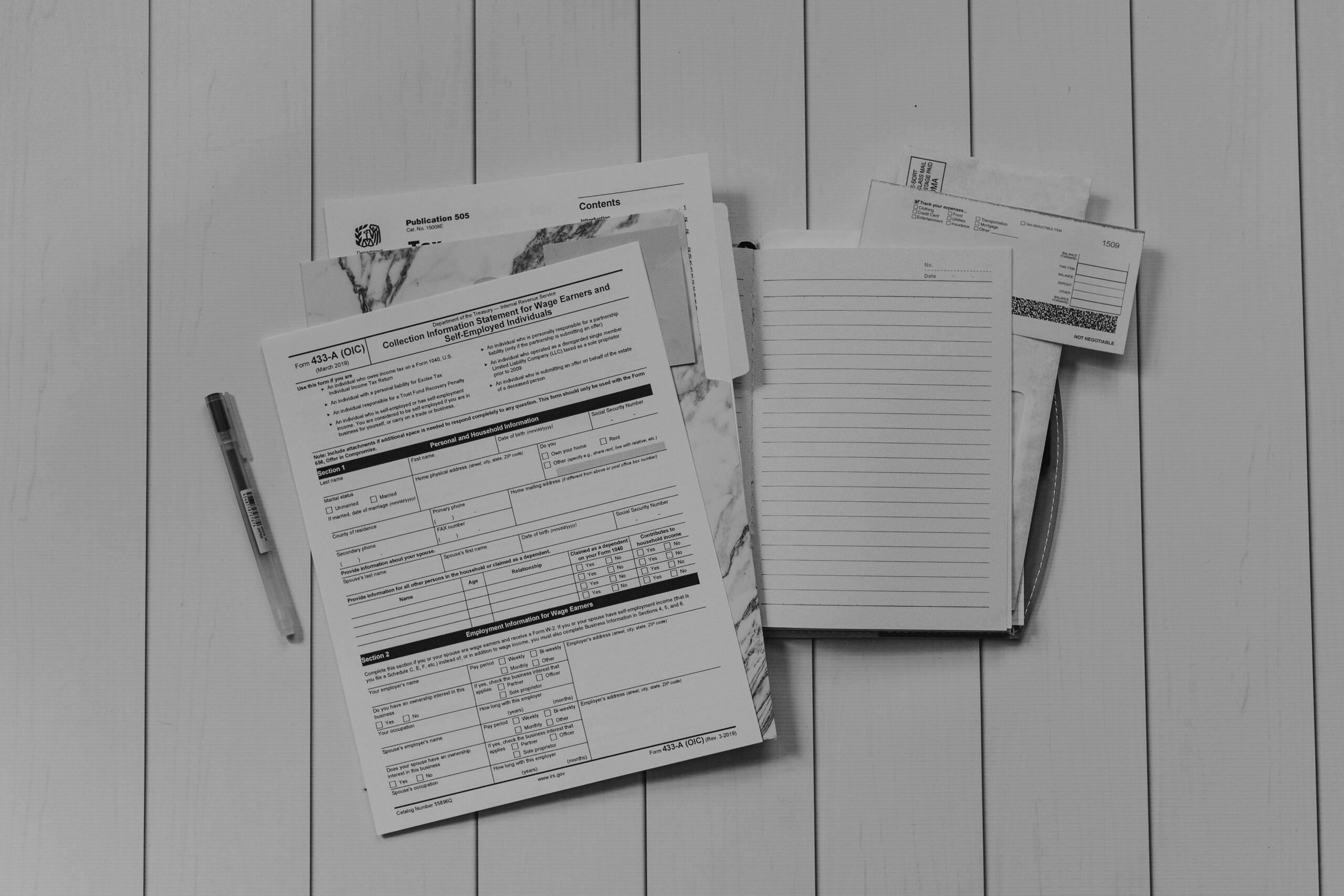The Freeze Act Remains Alive and Well – Freezing in Place Tax Assessments For Two Future Years and Preventing Towns From Retaliating with Higher Assessments

The Tax Court confirmed in a recently decided case, Levy v. City of Long Branch, decided May 5, 2023, that ”Freeze Act” protections afforded all judgments of the Tax Court and County Tax Boards apply unless appropriate proofs plainly establishing the presence of specifically enumerated statutory exceptions are demonstrated.
What is the “Freeze Act” all about?
N.J.S.A. 54:51A-8(a) (known as the “Freeze Act”), provides that final judgments of the Tax Court shall be “conclusive and binding upon the municipal assessor and the taxing district for the assessment year and for the two assessment years succeeding the assessment year covered by the final judgment”, except as to changes in the value of the property, or in any year in which a town-wide revaluation or reassessment is in effect. (See N.J.S.A. 54:3-26 4, which similarly makes the Freeze Act applicable to County Tax Board judgments as well.)
Boiling it Down
What does this all mean, and how are you, as a taxpayer, affected?
The protections afforded by the Freeze Act allow taxpayers the comfort of knowing that unless certain explicit exceptions apply, the benefit of a Tax Court or County Tax Board judgment will work to ensure that the tax assessment on a property shall remain constant and consistent with the judgment amount for two additional years after the judgment year.
The Freeze Act will therefore control unless any one of the following three exceptions are demonstrated to apply:
1.) the taxpayer affirmatively waives application of the freeze;
2.) there is a town-wide revaluation or reassessment in effect; or
3.) there is a change in the value of the property.
In Levy, the issue was whether an express waiver contained in the resolution of a 2022 County Board of Taxation matter, but not included in the separate, but simultaneously achieved, 2021 Tax Court judgment, should serve to negate application of the freeze (of the 2021 base year judgment amount) to the assessment level in 2023, a year typically within the two year protection period afforded by the Freeze Act. In this case the taxing district attempted to substantially increase the property assessment in 2023 above both the 2021 and 2022 judgment levels. The Tax Court, however, held that there was no express waiver of the Freeze Act applicable to the 2021 judgment and that the freeze, which automatically attached to the 2021 assessment amount, would continue to apply and control the level at which the 2023 assessment would be fixed.
In so holding, the Court explained that the intent of the Freeze Act is to provide protection for taxpayers, not the taxing districts, by mandating that taxing districts accord the taxpayer the benefit of the Tax Court judgment for the two tax years following the last year encompassed by the judgment. In addition, the relief afforded taxpayers by the Freeze Act can only be invoked at the option of the taxpayer and waiver of this protection is never implied by law. What our courts have held this to mean is that only an express waiver by the taxpayer will serve to negate the protections otherwise afforded to it or where the other two exceptions enumerated above apply.
With that backdrop, the Tax Court was unimpressed with the taxing authority’s argument that the resolution of the later tax year (2022) by stipulation in the County Board matter, including a waiver of the Freeze Act, should operate to also effect a waiver of the freeze that attached to the 2021 Tax Court judgment, even though no waiver language was included in the 2021 judgment. Taxpayers should therefore guard this statutory protection carefully and not fall victim to inadvertently relinquishing such rights.
This case is also noteworthy because the Tax Court further took this opportunity to make clear that the statutory exception to Freeze Act application, associated with a property’s “change in value”, does not apply merely because a property value may change from one year to the next. In this regard the Tax Court, relying upon its holding in Cumberland Arms Assocs. v. Twp. Of Burlington, 10 N.J. Tax 255, 263 (Tax 1988), recognized that a “change in value” must either be “internal” (that is, a change occasioned by physical improvements to the property such as “added floors”), or “external” (resulting from “extreme economic changes within the close proximity of the subject property.”) Here, the Court concluded that the parties’ agreement to fix a different value (lower) for the property in 2022 than the stipulated value of the property in 2021, in of itself, did not evidence a “change in value” after 2021, that would negate the Freeze Act. The Court made clear that “annual market changes in value generally do not constitute an external change for Freeze Act purposes.” (citing to Cumberland, 10 N.J. Tax at 267-68).
Finally, the Court in Levy, also identified that the exception to the Freeze Act for town-wide revaluations and reassessments did not automatically apply to situations where a town, like Long Branch, was located in an annual reassessment county such as Monmouth County. (See Tartivita v. Borough of Union Beach, 31 N.J. Tax 335 (Tax 2019) aff’d. 33 N.J. Tax 16 (App. Div. 2021); and Pella Realty, LLC v. City of Paterson, 31 N.J. Tax 474 (Tax 2020).
In the end, the Tax Court upheld application of the Freeze Act in tax year 2023 thereby working to preclude the municipality from increasing the assessment above the 2021 assessment fixed by the Tax Court’s 2021 judgment. In so doing, the Court ordered the 2023 assessment reduced to the 2021 base year amount in accordance with the requirements of the Freeze Act.
In light of these pronouncements taxpayers must always be cognizant of the backstop protections the Freeze Act will provide when evaluating the true and lasting economic benefits made available through the tax appeal mechanism. In order to properly evaluate the full potential and scope of relief that may be available to a taxpayer, it is critical that counsel from a practitioner experienced in this very nuanced area, is obtained and carefully considered before proceeding with any tax appeal proceedings. The preservation of your rights and the ability to maximize the tax relief available to you will depend upon it.
As the law continues to evolve on these matters, please note that this article is current as of date and time of publication and may not reflect subsequent developments. The content and interpretation of the issues addressed herein is subject to change. Cole Schotz P.C. disclaims any and all liability with respect to actions taken or not taken based on any or all of the contents of this publication to the fullest extent permitted by law. This is for general informational purposes and does not constitute legal advice or create an attorney-client relationship. Do not act or refrain from acting upon the information contained in this publication without obtaining legal, financial and tax advice. For further information, please do not hesitate to reach out to your firm contact or to any of the attorneys listed in this publication.
Join Our Mailing List
Stay up to date with the latest insights, events, and more






